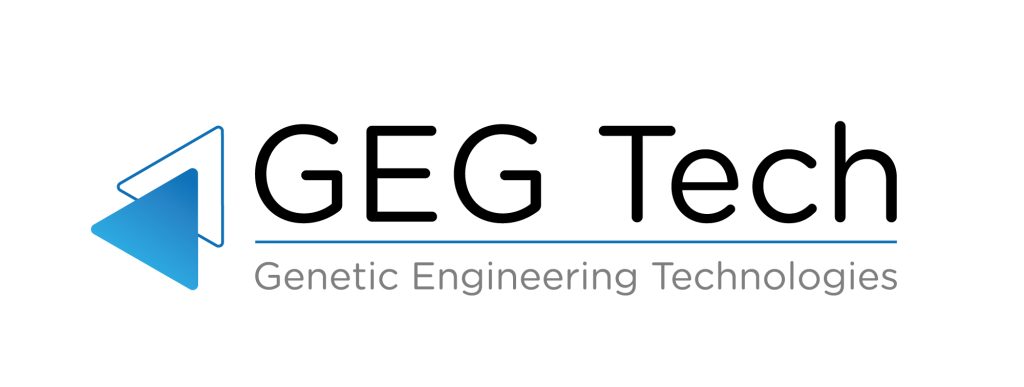Lentivirus pre-packed with Cas9 protein for safer gene editing
The CRISPR/Cas9 system has democratized genome editing and opens the door to an unprecedented use of genome editors. This powerful method is allowing researchers to ask questions that were previously unaskable, leading to new insights into the basis of fundamental biological processes and to new innovative therapeutic strategies for treating disease. However, one major concern is off-target effects, particularly with long-term expression of Cas9 nuclease when traditional expression methods such as via plasmid/viral vectors are used. To overcome this limitation, researchers designed lentiviral vectors with prepackaged Cas9 protein to induce its transient expression. They construct an “all in one vector” to express sgRNAs in association with pre-packaged Cas9 which is fused with Gag protein (sgRNA/Cas9P LV).
First, they validated the sgRNA/Cas9P LV to edit the CD4 gene in Jurkat cells and observed the expected cleavage in 3/20 clones. Then they tested this tool to inactivate HIV latency and targeted the LTR region of the virus. They observed a 28% rate of mutation for LTR in J-LAT cells. Finally, they found that pre-packaging Cas9 protein in LV particle reduced off-target editing of chromosome 4:-29134166 locus by CCR5 sgRNA, compared with continued expression from the vector.
The combination of a high efficient delivery method with a transient expression system is very interesting to express genome editing tools. However, lentiviral vectors are integrative and non-integrating lentiviral vectors show a background of integration. Even if the integrations events are about the sgRNA and not the Cas9, they can generated genotoxicity and constitute a major limitation for therapeutic strategies. GEG Tech has developed a new generation of CRISPR/Cas9 lentiviral vectors with a very high level of biosafety: Reverse-transcription deficient lentiviral vectors. This generation of LV has a mutation of the reverse transcriptase and consequently the vector genome remains in RNA form. None DNA form of vectors is detected and no background of integration is observed even with high doses of vectors. This new generation of lentiviral vectors has been successfully tested for genome editing tools delivery including the CRISPR/Cas9 system. Lenti-One Trans vectors are very attractive and promising tools to design therapeutic strategies.
To know more about the Article




